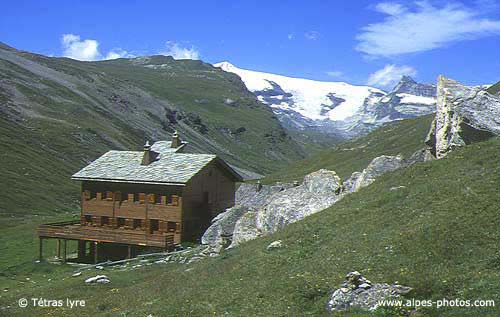
proteins are found as well in the vegetable or animal. Those found in plants are also good nutritional quality than those of animal origin. The amount of protein from plants is sufficient to allow a horse, an elephant or a hippopotamus to grow to maturity!
The period of our lives when we most need protein is childhood.
If you eat unrefined plant foods, it is not enough protein. You can challenge a dietician to prescribe a menu deficient in protein is impossible if one has some pieces of vegetable or legume-like starchy as potatoes.
Proteins are formed from amino acids. There are 12 amino acids that we can synthesize it ourselves in our bodies and 8 that we receive through food are called essential amino acids
All plant foods contain the 8 essential amino acids in proportions that are, in most cases, more than double the calculated requirements for children and adults
It is almost impossible to find cases of protein deficiency in our societies while it is extremely unusual to see people who suffer from excessive consumption of protein
North Americans and Europeans absorb 6 to 10 times more protein than they need. The excess protein provides an extra work to the liver and kidneys and these organs become exhausted.
For this, the kidneys must use large amounts of calcium, which causes loss of bone calcium with the result of osteoporosis and urinary concentrations of calcium cause kidney stones. It is mostly animal protein that create these problems
The use of animal products as a protein source because it also absorbs large amounts of fat and cholesterol. More animal products are deficient in fiber and very often contaminated by viruses, bacteria and chemicals
The plant foods are low in cholesterol and fat, high in fiber. They therefore constitute the best source of protein for human consumption
believe that one should absolutely eat meat is a myth without foundation. This myth is the source of many health disorders.
believe it is necessary consuming milk and cheese to get enough calcium is another myth generator diseases. A diet as simple as that of Chinese and Japanese rice and vegetables, contains enough calcium to allow the millions of Asians to live without drinking milk or absorb calcium tablets
It is crucial to understand that most of calcium deficiency among westerners do not come from a lack of calcium in food, but an excess of protein which causes a loss of bone calcium. A careful study of the scientific literature shows that calcium deficiency in humans does not come never a lack of calcium in the diet. There is enough calcium in plants to allow horses, elephants, hippos and giraffes to build their huge skeleton !
The amount of calcium absorbed from the intestine is determined by the body's need for calcium and also by the activity of intestinal cells that are sure to absorb only what is necessary for the body's needs. If all the calcium ingested with food was absorbed by intestinal cells, we would be overloaded with calcium
The dairy industry tries to make people believe that osteoporosis is due to the fact that people do not consume enough milk cow! Yet osteoporosis is a disease that is found mostly in countries that consume many dairy products, including the U.S., England, Istraël, Finland and Sweden. This disease is extremely rare in countries that consume almost no dairy products, which is the case in most countries of Asia and Africa.
USA, a country which has the highest consumption of animal protein in the world, we find the highest rate of fractures of the femur. In African countries, fractures of the femoral neck is virtually unknown
Simply reduce the protein intake of food to restore calcium balance, ie not to lose more than it absorbs. People who tend to osteoporosis should therefore refrain from animal protein and eating only vegetable protein
Christian Schaller (general practitioner, practitioner of homeopathy, acupuncture, herbal medicine, holistic, diet etc. ....)
0 comments:
Post a Comment